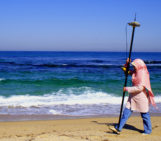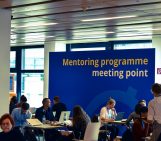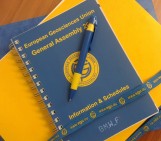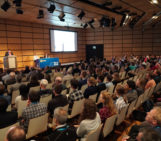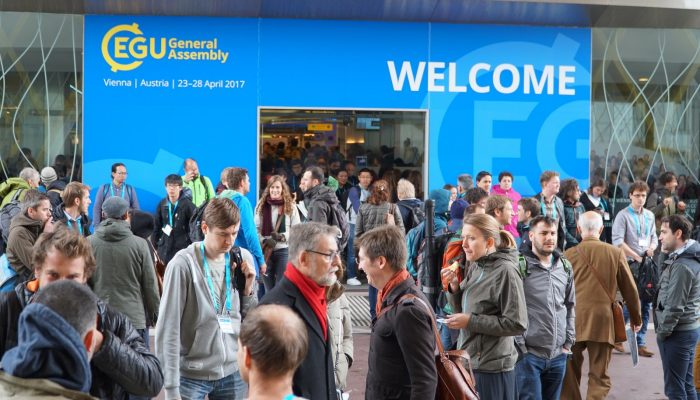
The EGU General Assembly is an amazing event, not only because of its size but also due to the number of disciplines represented! This gives scientists, who are diligently focused on their specific research for the majority of the year, the chance to let loose and learn something a bit different.
This year’s assembly will host a multitude of science-policy related sessions that aim to help researchers gain a greater understanding of the policy process and how they can become more involved. Even if you’re just a bit curious about science for policy, it’s definitely worth adding a couple of the policy related sessions outlined below into your #EGU18 schedule!
Great Debates (GDB)
- Hands on or hands off?: Should geoscientists restrict themselves to knowledge generation and stay out of the policy world or should we be getting involved and make change happen?
Union Symposia (US)
- Scientific research in a changing European Union: where we stand and what we aim for?: This session will explore some of the challenges and potential threats to academics in the EU and how these issues can be addressed and overcome.
Short Courses (SC)
- World Climate: an interactive simulation of climate negotiations: World Climate is a simulation-based role-playing exercise in which participants take on the roles of UN delegates and aim to make a deal that meets international climate goals.
- Science for policy: what is it and how can scientists become involved in policy processes?: This session will outline the basics of science for policy, how to communicate with policymakers and highlight specific EU processes that scientists are able to engage with.
- How to get involved in global efforts to sustain soil and land: This session will outline the Sustainable Development Goals (SDGs) before discussing how the SDG 15, ‘Life on Land’, could be revised and how scientists can contribute.
- Debunking myths and fake news: how can geoscientists fight misinformation and false: This short course will explore how researchers can promote evidence-based facts and prevent fake news from spreading.
Town Hall Meetings (TM)
- Scientific integrity in a politically challenged world: Science is becoming increasingly important for society. This session discusses how scientists can protect and further develop scientific integrity in a politically challenged world.
- Scaling climate action and sustainable practices through collective impact: By considering common strategies and metrics of progress and engagement, this session will examine methods of maximising collective impact.
Divisions
- Global carbon observations and their use for research and decision-making (AS): This session addresses how observations can be used to create policy relevant information related to the sources and sinks of carbon-containing molecules.
- Energy and environmental system interactions – policy and modelling (ERE): This multidisciplinary session will discuss novel approaches for analysing energy and earth/environmental systems interactions and their implications for policy and society.
- Water resources management and policy in a changing world (HS): The advances in water resources systems analysis and management will be discussed during this session in relation to public policy, conflict resolution and water governance.
While this list has made a relatively long blog post, it is by no means exhaustive! I encourage you to take a deeper dive into the EGU General Assembly Programme which you can access online and via the EGU2018 mobile app.
In addition to this list, you can (and should!) participate in the Horizon 2020 Geoscience Survey. By providing feedback on your experience with EU funding programmes, you will be helping the geoscience community to share their voice with policymakers. The survey can be found online (from Wednesday 28 March 2018) and at the EGU Booth during the General Assembly.
If you have any further questions or comments regarding the EGU General Assembly’s policy activities, feel free to get in touch via email or come and meet me in person at the EGU Booth on Wednesday April 11, 09:15–10:30.

